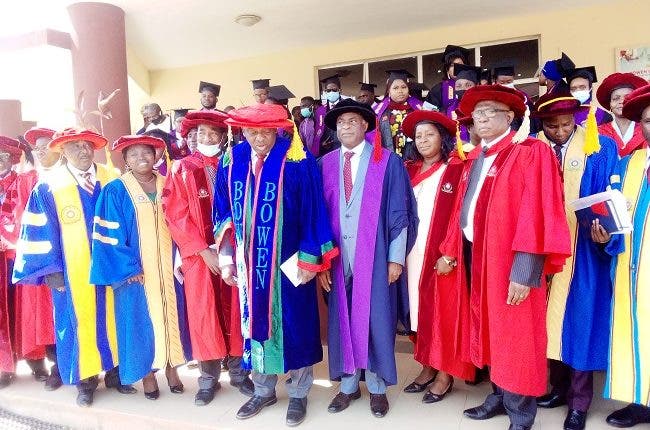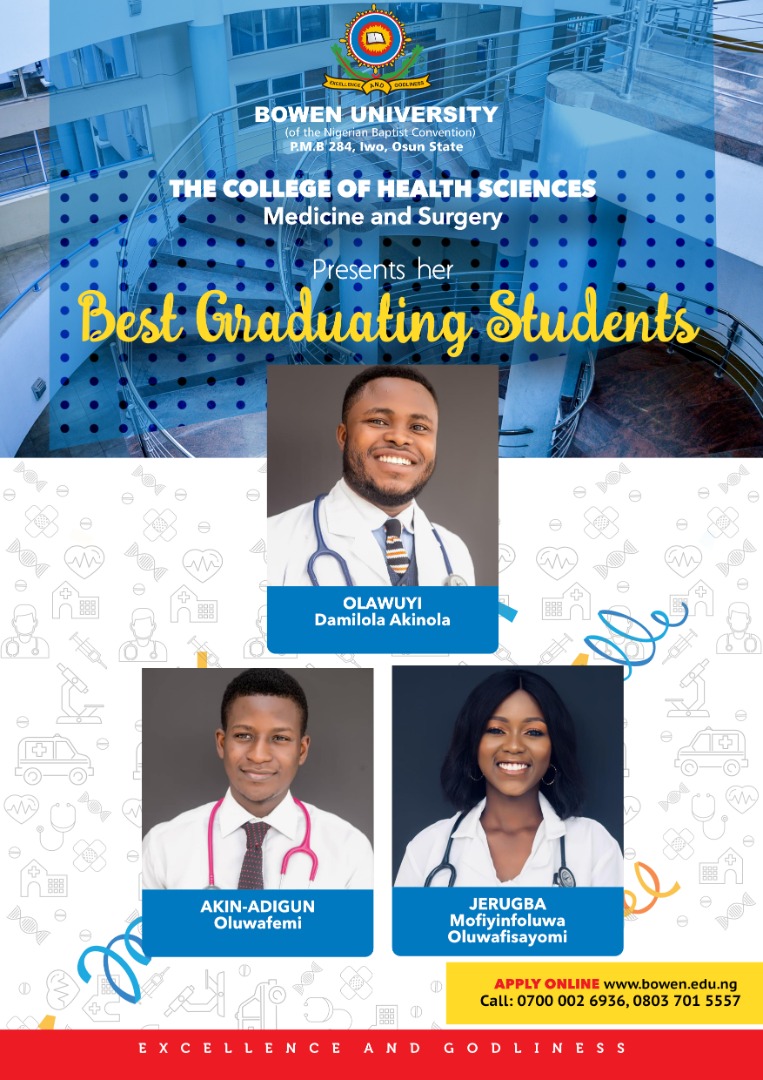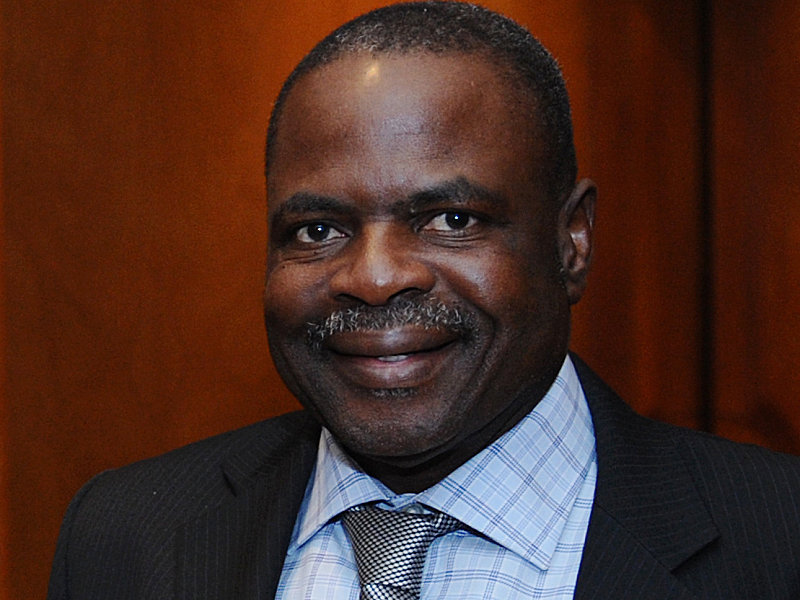The Vice-Chancellor (VC), Bowen University, Iwo, Professor Joshua Ogunwole, has advised all medical practitioners in the Nigerian health sector to collaborate in their attempt to reform the country’s …
5th Induction Ceremony of MBBS Graduates – (Thursday, 3rd December, 2020)
University Teaching Time Table for First Semester 2020/2021 Session
Speech delivered by the Vice-Chancellor of Bowen University during the 5th Induction Ceremony of MBBS Graduates – (Thursday, 3rd December, 2020)
PROTOCOL FELICITATION I am delighted to be here today to witness the induction of the fifth (5th) set of medical doctors by the Medical and Dental Council of Nigeria (MDCN). This is because, God …





